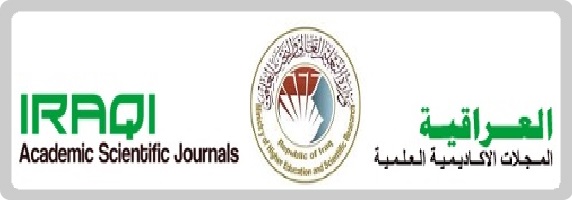Foreign Direct Investment and its Impact on Agricultural Exports/ Iraq and Indonesia as a Model for the Period 1990-2020
Abstract
Foreign direct investment is one of the main factors in stimulating economic growth in developing countries, as it contributes to improving productivity, providing job opportunities, and increasing competitiveness in global markets, especially in vital sectors such as agriculture. Despite the importance of this type of investment in promoting economic development, both Iraq and Indonesia face significant challenges in exploiting their agricultural potential to increase their agricultural exports, due to political risks, inflation, bureaucratic procedures, and weak infrastructure. The research problem is the weak employment of foreign direct investment in the agricultural sector in Iraq and Indonesia, which hinders the development of this sector and the increase of its agricultural exports. The research aims to study the relationship between foreign direct investment and agricultural exports in these two countries, focusing on the impact of inflation as an economic factor affecting this relationship from 1990 to 2020. The study relied on the comparative analytical approach, using statistical methods to study the relationship between foreign direct investment variables and agricultural exports in Iraq and Indonesia. The study results showed that FDI in Iraq positively impacts agricultural exports, as a 100% increase in investments leads to a 6.8% increase in agricultural exports. In contrast, inflation in Indonesia was shown to have contributed to increasing the competitiveness of agricultural exports through its effect on devaluing the national currency. Therefore, it is necessary to simplify bureaucratic procedures and provide financial incentives to attract FDI in the agricultural sector.




